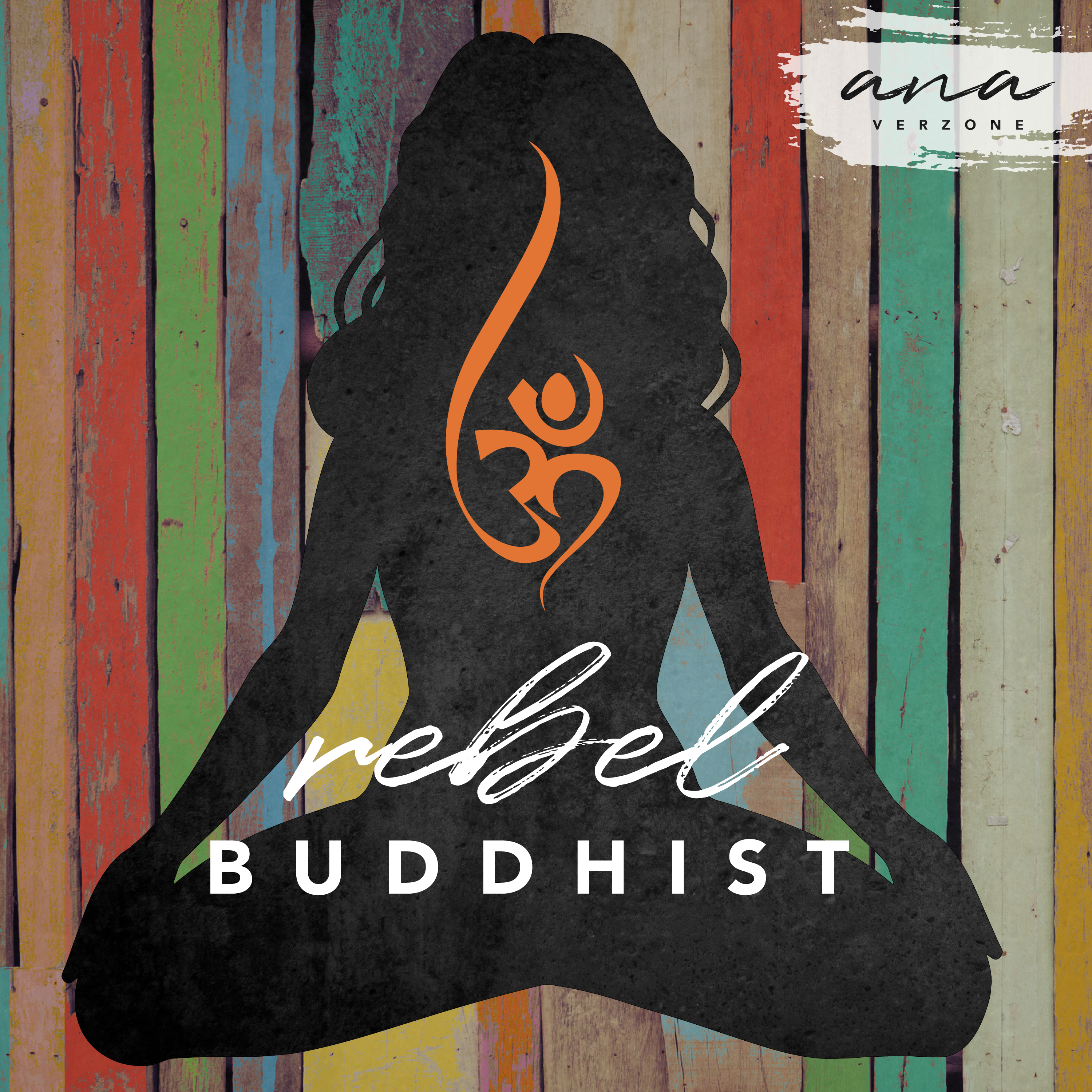Ep. 61: Perfectionist Procrastination
My obsession with learning was also accompanied by a desperate need to be perfect. To get all A’s. To be the best.

Welcome to the Rebel Buddhist™ Podcast, where I help you free your mind so you can free your life. This podcast is for the rebellious ones. The wild people. I share my stories and what I’ve learned about being a rebel soul who wants to tame her mind…but not her life. It’s led to plenty of adventures and misadventures. I’ve learned tons of tools that combine Buddhist psychology, real-world mindfulness, cognitive coaching, and modern brain science – sort of like if Buddhism and science had a love child. I want to share them with you as we walk this path together. I’m not sharing this as a dharma teacher, but as a fellow practitioner with some street cred. Welcome to my world.
Follow the podcast so you don’t miss an episode
My obsession with learning was also accompanied by a desperate need to be perfect. To get all A’s. To be the best.
In Buddhist teachings, the Buddha described two arrows. The first part of understanding this story has to do with the First Noble Truth: the truth of suffering. Being born a human in a body will have some inherent suffering.
We got the parent wound from whomever took care of us the most during our formative years. Despite their best intentions, they messed us up. Or at least that’s how we often think of it. In reality, it also has a lot to do with how we relate to our experience with them.
Anxiety is something that most of us deal with on a pretty regular basis. Anxiety disorders affect nearly 1 in 5 adults in the United States, and women are more than twice as likely as men to get an anxiety disorder in their lifetime.
Today I want to share some of the tools that have helped me over the years.
Each of us has an internal barometer for how much love, happiness, abundance, success, and wealth we’ll allow ourselves to experience.
That’s our upper limit setting. Kind of like the happiness “set point” you may have heard about, or another way to look at it is our success comfort zone.
When we exceed that upper limit because life is going so well, we unconsciously do things to sabotage ourselves so we can drop back into the place we feel in control.
In college I had a friend who, whenever I was relaying something challenging in my life, she would say, “Don’t worry. It’s all good!” And then she’d glide away on her rollerblades with a big smile on her face. I loved that damned girl, and I know she had good intentions, but when she said that it would totally piss me off and I’d want to shake her and be like, “It is NOT ALL GOOD!”
Spiritual bypassing is a tendency to use spiritual ideas, explanations, and practices to sidestep or avoid complex psychological experiences.
| Cookie | Duration | Description |
|---|---|---|
| cookielawinfo-checbox-analytics | 11 months | This cookie is set by GDPR Cookie Consent plugin. The cookie is used to store the user consent for the cookies in the category "Analytics". |
| cookielawinfo-checbox-functional | 11 months | The cookie is set by GDPR cookie consent to record the user consent for the cookies in the category "Functional". |
| cookielawinfo-checbox-others | 11 months | This cookie is set by GDPR Cookie Consent plugin. The cookie is used to store the user consent for the cookies in the category "Other. |
| cookielawinfo-checkbox-necessary | 11 months | This cookie is set by GDPR Cookie Consent plugin. The cookies is used to store the user consent for the cookies in the category "Necessary". |
| cookielawinfo-checkbox-performance | 11 months | This cookie is set by GDPR Cookie Consent plugin. The cookie is used to store the user consent for the cookies in the category "Performance". |
| viewed_cookie_policy | 11 months | The cookie is set by the GDPR Cookie Consent plugin and is used to store whether or not user has consented to the use of cookies. It does not store any personal data. |
